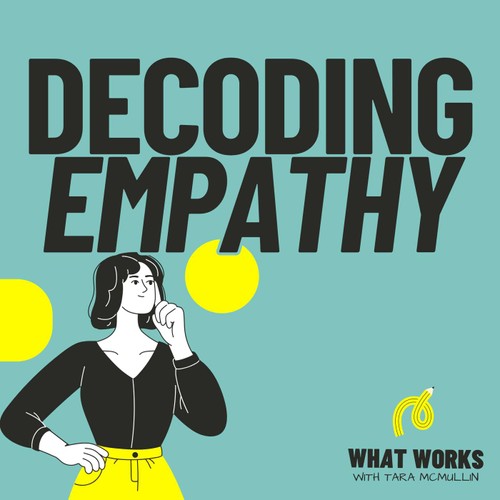
 What Works
What Works EP 464: Decoding Accessibility with Erin Perkins
Mar 7, 2024
In this podcast, Erin Perkins discusses the importance of empathy in online accessibility, sharing her journey as a deafblind individual. The episode highlights the value of inclusivity, understanding, and implementing simple accessibility measures. It also delves into the significance of embracing diversity, self-acceptance, and radical accessibility in creating inclusive spaces.
Chapters
Transcript
Episode notes

